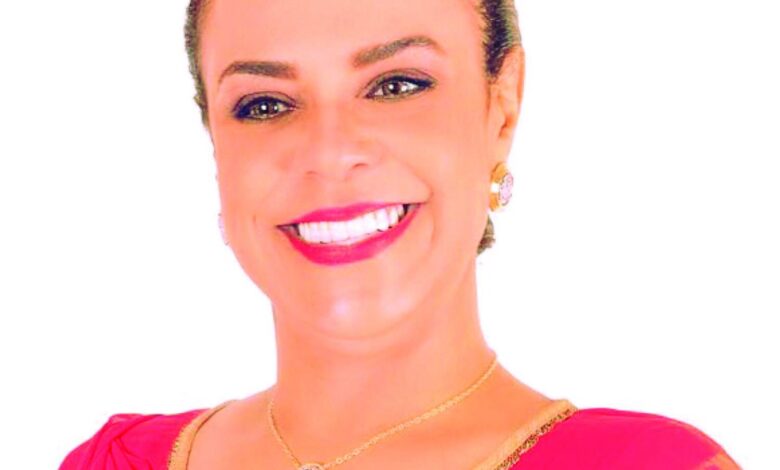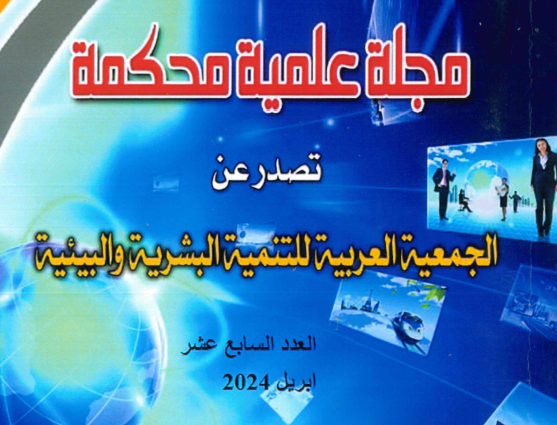
An associate professor of the Department of Criticism at the Higher Institute of Dramatic Arts in Kuwait, Nermin al-Houti, has published her research paper titled ‘The Intellectual Content in the Al-Husseini Theatrical Text between Reality and Embodiment’ in the Future of Social Sciences Journal.
Houti argues for the universal theatrical potential of the Husseini narrative.
The author opens with a discussion of the importance of symbolism in literature and theater, and its immense power to evoke emotion and create a lasting impact.
According to the paper, the Husseini narrative, due to its profound humanistic themes, is presented as possessing a universal language that transcends cultural boundaries,
The author asserts that this narrative is one ripe for theatrical adaptation, drawing parallels with Aristotelian concepts of tragedy, imitation, and catharsis.
The Husseini story, though seemingly impossible, becomes a “possible impossibility” suitable for dramatic representation.
Houti advocates for a dedicated Husseini theater that embraces a broad humanistic identity, moving beyond purely religious contexts to explore the narrative’s deeper cultural and existential meanings through aesthetic and cognitive reinterpretation.
She believes this approach will allow the Husseini story to achieve its intended global reach.
The author articulates her rationale for selecting this particular subject and its significance saying, “In the realm of theater, despite the numerous texts that have attempted to depict the revolution of Imam Hussein (AS) and portray this revered figure, we have yet to find works that truly establish the unique characteristics of Husseini theater.”

Houti holds a PhD in Philosophy of Literary Criticism and is a graduate of the Higher Institute of Dramatic Arts.
She is a member of the Association of Writers and the Journalists Association, and is also part of the literary arbitration committees on theater or poetry in Kuwait and other Arab countries.
She has authored numerous newspapers and magazines articles and several books on significant theatrical works examining women’s issues, the latest of which is “The Women in Ismail Abdullah’s Theater”.
Houti has been chosen as a panelist in various significant cultural events and has participated in multiple seminars across the Arab region.
